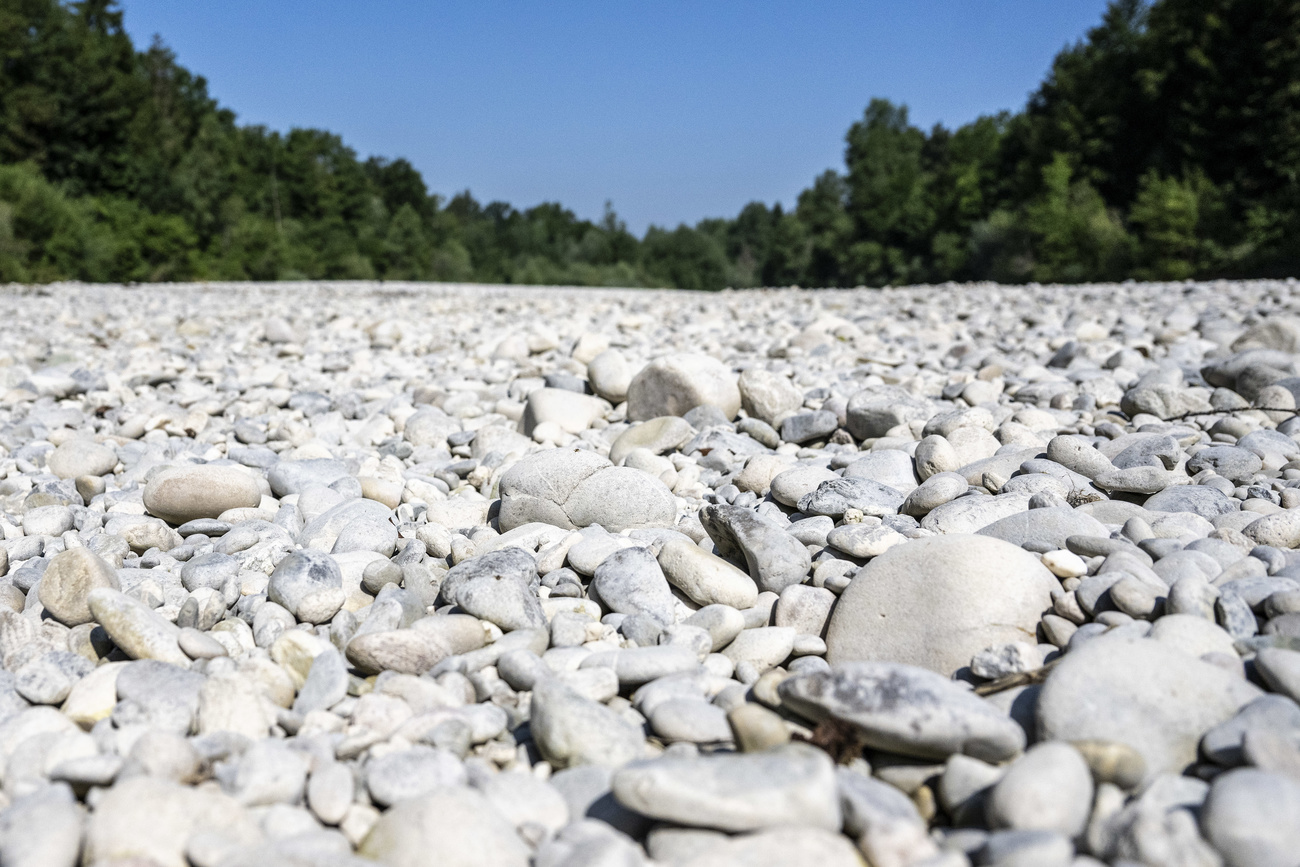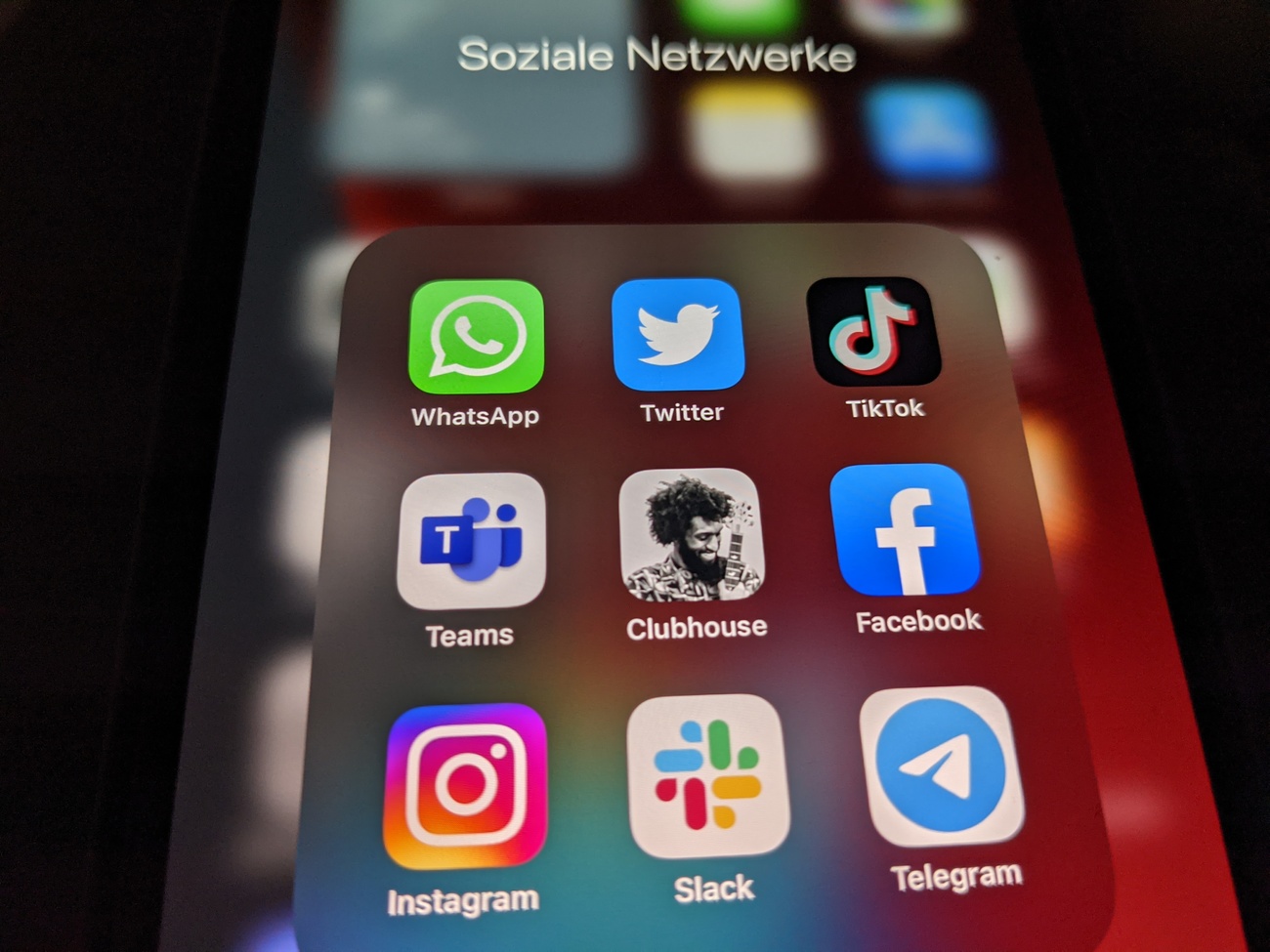

Switzerland Today
Dear Swiss Abroad,
What’s the best present you’ve received recently? And given? When it comes to giving gifts to visiting politicians on official trips, it’s even more challenging. The head of the Swiss Federal Assembly’s parliamentary services lists three criteria that such presents should meet.

In the news: Record temperatures and bolts of lightning, a hacker attack on the controversial Bührle Collection of art, and a pioneering project to improve pollen forecasting.
- After a day of record temperatures, powerful thunderstorms passed over Switzerland last night, with SRF Meteo reporting more than 70,000 lightning bolts by 5am. Earlier the temperature in Switzerland exceeded 37°C for the first time this year: in Chur, eastern Switzerland, the mercury hit 37.6°C.
- An art collective has hacked into the controversial Bührle Collection exhibition at the Kunsthaus Zurich museum. It replaced written information accessible to visitors by QR code with critical comments about the provenance of the works on display. For example, the pirated QR code for Cézanne’s “Boy in the Red Waistcoat” links to a commentary denouncing the fact that Emil Bührle profited twice from the Nazi regime: he made a fortune from his arms dealings with Nazi Germany and also took advantage of the distress of Jewish art collectors, persecuted by the Nazis, to build up his own collection.
- Scientists in Switzerland have launched a pioneering project with the national weather office and European partners to improve pollen forecasting and our understanding of the impact of bioaerosols, smoke and dust on cloud formation and the climate. It is hoped that the new technologies can help develop enhanced real-time maps to inform public-health policies.

Chocolate mountains or a briefcase featuring Swiss landscapes: for the first time the Swiss parliament has its own official presents.
Gifts are a necessary part of protocol during official visits, even for parliament. Speaking on Swiss public television, RTSExternal link, Philipp Baeriswyl, head of parliamentary protocol, gives the example of a gift from Italy to parliamentarian Marina Carobbio Guscetti: a facsimile of the Divine Comedy.
Diplomacy is not just the preserve of the government. Around 20 times a year parliament visits and welcomes its peers from around the world. And on these occasions it receives gifts. “Countries like Saudi Arabia and Kuwait like to give gifts that are always very gilded and shiny. The Nordic countries, on the other hand, don’t give as much. It’s limited, like in Switzerland,” Baeriswyl says.
In the past, when it came to giving gifts, the lawmakers went shopping. Those days are over. Parliament has had its own presents developed by students at Lausanne cantonal school of art (ECAL). The five items highlight Swiss industrial design, landscapes, smells and tastes.
Victoria Mac Sweeney, industrial designer and former ECAL student, describes what inspired her to create chocolates bearing the effigy of nine emblematic mountain peaks. “I wanted to represent Switzerland through materials, and chocolate seemed obvious to me – after all, this is the land of chocolate.”
In these brief, formalised official visits, there are only a few seconds to send a message. So you have to be effective and avoid giving offence. Philippe Schwab, head of the Federal Assembly’s parliamentary services, sets out three criteria that such presents should meet: “The object should not be heavy or bulky, it should not be gendered, and it should not be too expensive.”
These are exclusive gifts, as only the presidents of the two parliamentary chambers will be able to offer them during official visits.

Switzerland is better protected against disinformation than countries such as the United States. Is this because it has a better system and more circumspect citizens – or simply because fewer troll factories are interested in it?
Many people obtain information from social media instead of radio, television or newspapers. And many people are concerned that because of this, important news is missed, incorrect information is being spread more widely, and people are cocooned in their own filter bubble, only receiving information that they have chosen to receive.
In this article, journalist Benjamin von Wyl looks at the situation in the US, which one Swiss study concluded is “the most vulnerable country” in the world to the spread of online disinformation, and Switzerland, where the proportion of people getting their news from social media is dwindling.
More

In compliance with the JTI standards
More: SWI swissinfo.ch certified by the Journalism Trust Initiative


























